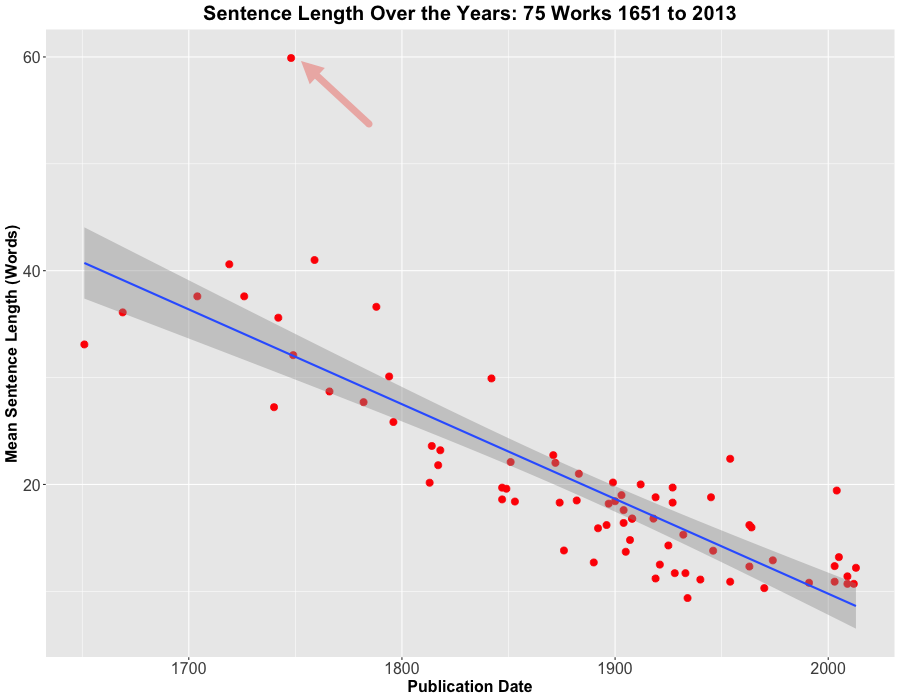I'm staying for a couple of days in a hotel in NYC, in an incredibly expensive tiny room.
Last night, a few minutes past midnight, alarms went off in the hallway outside the room: very loud blats and whoops, in somewhat irregular sequences and intervals. It wasn't exactly what I expect for a fire alarm, but it was clearly meant to be alarming, so I got dressed to evacuate.
Just as I finished, a loud loudspeaker-y voice came on: "Your attention please. Your attention please."
Then more blats and whoops.
Since I didn't smell smoke, I decided to take a minute to pack up my computer and medicines, while the blats and whoops continued. But as I finished, the voice came back: "Your attention please. Your attention please. This is your safety director. We have determined that this situation is not an emergency — please resume to your normal activities."
So I got undressed again. But the (apparently recorded) voice repeated the message, interspersed with more bouts of blats and whoops, for another hour or so. It finally ended at some point between 1:30 and 2:00am, and I finally was able to go back to sleep.
But this is Language Log, not Incompetent Alarm Silencing Log, so my focus is on the unexpected (to me) preposition to in the phrase "resume to your normal activities".
Read the rest of this entry »




